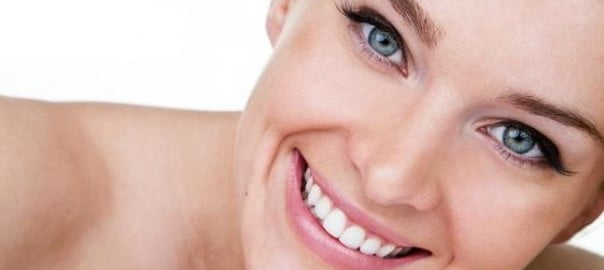
Skin health and the importance of nutrition
Pursuing a healthy lifestyle has many benefits, including more energy, feeling more mentally balanced and having a leaner and more toned body. However, one thing that is not commonly discussed are the effects of exercise and nutrition on skin health.
One of the most defining ‘feel-good’ factors for people is their appearance- not how well they dress but how well they naturally look- how their face looks when they wake up in the morning; from wrinkles, sagging and fine lines to issues with spots, blackheads and uneven complexion.
Here are a few tips to improve your skin health:
Vitamin D: Taking in Vitamin D from the sun or from your diet or supplementation is a super way of increasing your vitamin D intake. Skin has a high fat percentage and looking after yourself with fat soluble nutrients like Vitamin D will aid in how protected your skin is.
Note: When sitting out in the sun, try adding a good sun block around the eyes as the skin here is quite delicate and responds poorly to excess sun.
Oxidative damage: Although cardiovascular exercise is essential to health, excessive amount without the diet to support same, causes what is known as, free radical damage or (oxidative damage); other lifestyle factors like smoking causes a similar oxidative damage to skin which processes damaging free radicals, resulting in the skin to age much faster.
A healthy diet high in antioxidant rich foods, especially the green foods like spinach, kale and broccoli, are very useful nutrients used for maintaining youthful skin and fighting off these free radicals.
Omega 3 fats: If you find you have dry skin, this can be usually attributed to low levels of omega 3 fatty acids. Taking in up to 3 grams of a good quality Fish oil per day, will bring your omega 3 fatty acid ratios to a healthy level.
If you find you have slight damaged skin, adding pomegranate oil to the skin will increase the collagen make-up of the skin, giving it the ability to repair itself. Shea butter is another collagen stimulating nutrient you can use for your fine lines.
In relation to acne, most treatments are antibiotic based, these anti-bacterials target infections on the face and can be very useful but some of these medications have known health risks attached i.e. Accutane is known to cause birth defects, and these drugs don’t treat the underlying cause just the symptoms, which is important to note.
Here are some strategies we use in helping with the causes of acne:
If you are prone to acne, lowering your levels of insulin raising foods such as refined carbohydrates, high grain and wheat products, sugary snacks is a must. These foods cause growth factors to increase, these growth factors will further exacerbate your acne symptoms. By lowering your intake of the aforementioned foods, you will lessen the impact on your skin along with the added benefit of lower body fat. Increasing your vegetable intake until your symptoms are under control will prove most beneficial.
If you have been given antibiotics, remember to take a good probiotic which help reestablish the good bacteria in your gut which will again aid in, not only your skin health, but also your overall energy and relieving that bloated feeling.
Vitamin D also helps establish a healthy immune system, this causes an increase in your bodies own ability to fight of infections and bad bacteria.
If you would like to talk to one of our staff members on how to improve your skin through diet and exercise, contact info@thedgeclontarf.com.
